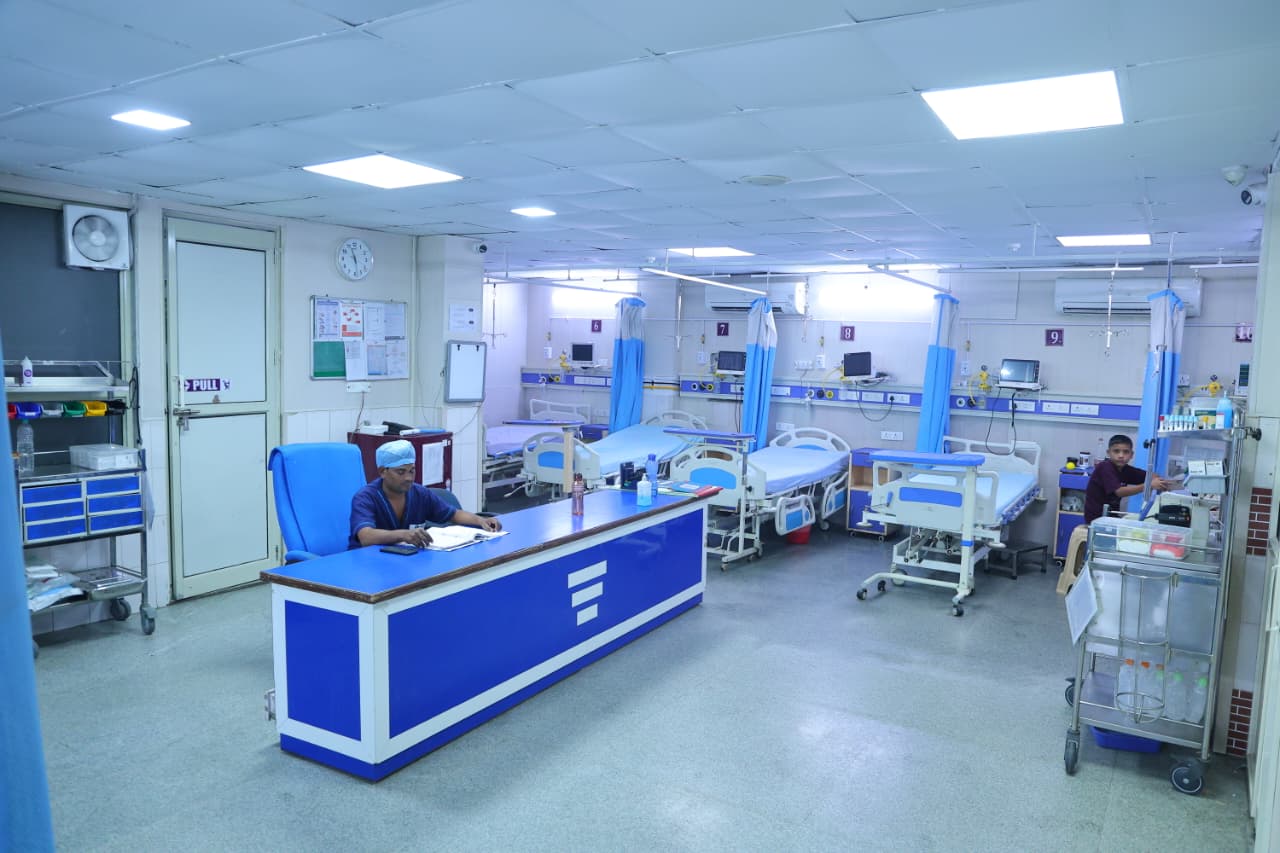
In today’s competitive healthcare environment,
revenue leakage is one of the most silent yet serious threats to hospital
profitability. While hospitals focus heavily on expanding services and increasing
footfall, unnoticed cracks in financial operations can lead to significant
revenue loss—often without the management even realizing it.
As healthcare management consultants, identifying
and plugging these leaks is a critical part of ensuring hospitals remain
financially healthy, especially in India's price-sensitive market.
What Is
Revenue Leakage?
Revenue leakage refers to income that a hospital
should have earned but didn’t—due to inefficiencies, errors, or systemic gaps.
These are not losses from theft or fraud alone, but from missed opportunities,
poor documentation, and flawed processes.
Common
Causes of Revenue Leakage in Indian Hospitals
1. Poor
Documentation
Incorrect or incomplete coding during billing can
result in undercharging or claim rejections by insurers—especially under
schemes like PM-JAY.
Example: A
surgery billed incorrectly may not match the approved package under Ayushman
Bharat, leading to claim denial.
2.
Untrained Front Desk and Billing Staff
Non-clinical staff often lack proper training in
documentation, insurance pre-authorization, or package selection, causing
delays and underbilling.
3. Lack
of Real-Time Tracking Systems
Hospitals without integrated HMIS (Hospital
Management Information Systems) often struggle with tracking services rendered
vs billed.
4.
Unbilled Services or Procedures
Services like minor diagnostics, consumables, or
follow-up consultations are sometimes skipped in billing, especially during
inpatient care.
5. Denied
or Delayed Insurance Claims
Improper documentation, lack of follow-ups, or
missed deadlines often result in claim denials under government schemes and
private TPAs.
6.
Inventory Leakage
Untracked use of medicines, implants, or high-cost
consumables can lead to serious financial discrepancies—especially in surgical
departments.
Solutions:
How to Plug Revenue Leaks
1.
Process Audits & Revenue Cycle Mapping
Regular audits of the entire revenue cycle—from
registration to final billing—can highlight where money is being lost.
Consultants can create a detailed revenue process flow to identify gap
2. Staff
Training & SOPs
Develop clear SOPs (Standard Operating Procedures)
for admission, billing, and discharge, and train your front office, billing,
and clinical staff to follow them rigorously.
3.
Technology Integration
Implement or upgrade to a good Hospital
Management System (HMS) that integrates billing, pharmacy, diagnostics, and
insurance modules to minimize manual oversight.
4. Claims
Management Dashboard
Create a simple dashboard to track claim status,
rejection reasons, and aging reports. Assign dedicated personnel to follow up
on pending or denied claims.
5.
Inventory Control
Use barcode based inventory systems to track
high-value items like implants, drugs, and consumables. Ensure all consumed
items are billed.
6.
Outsource Revenue Cycle Management (RCM)
Smaller hospitals can consider outsourcing RCM to a
specialized healthcare consulting firm to manage everything from coding to
claims follow-up.
The
Consultant’s Role
As healthcare consultants, role includes:
- Diagnosing systemic leakage points
- Creating action plans and timelines
- Training and mentoring staff
- Monitoring KPIs post-intervention
Revenue leakage is avoidable. Hospitals don't need to increase patient volumes
to improve profitability—they need to stop losing what they’ve already earned.
With strategic consulting and disciplined execution, these gaps can be closed,
ensuring hospitals stay financially sound while continuing to deliver quality
care.
Recent Posts

Get Free
Consultations
Special Advisors









Future of Hospital Design in India